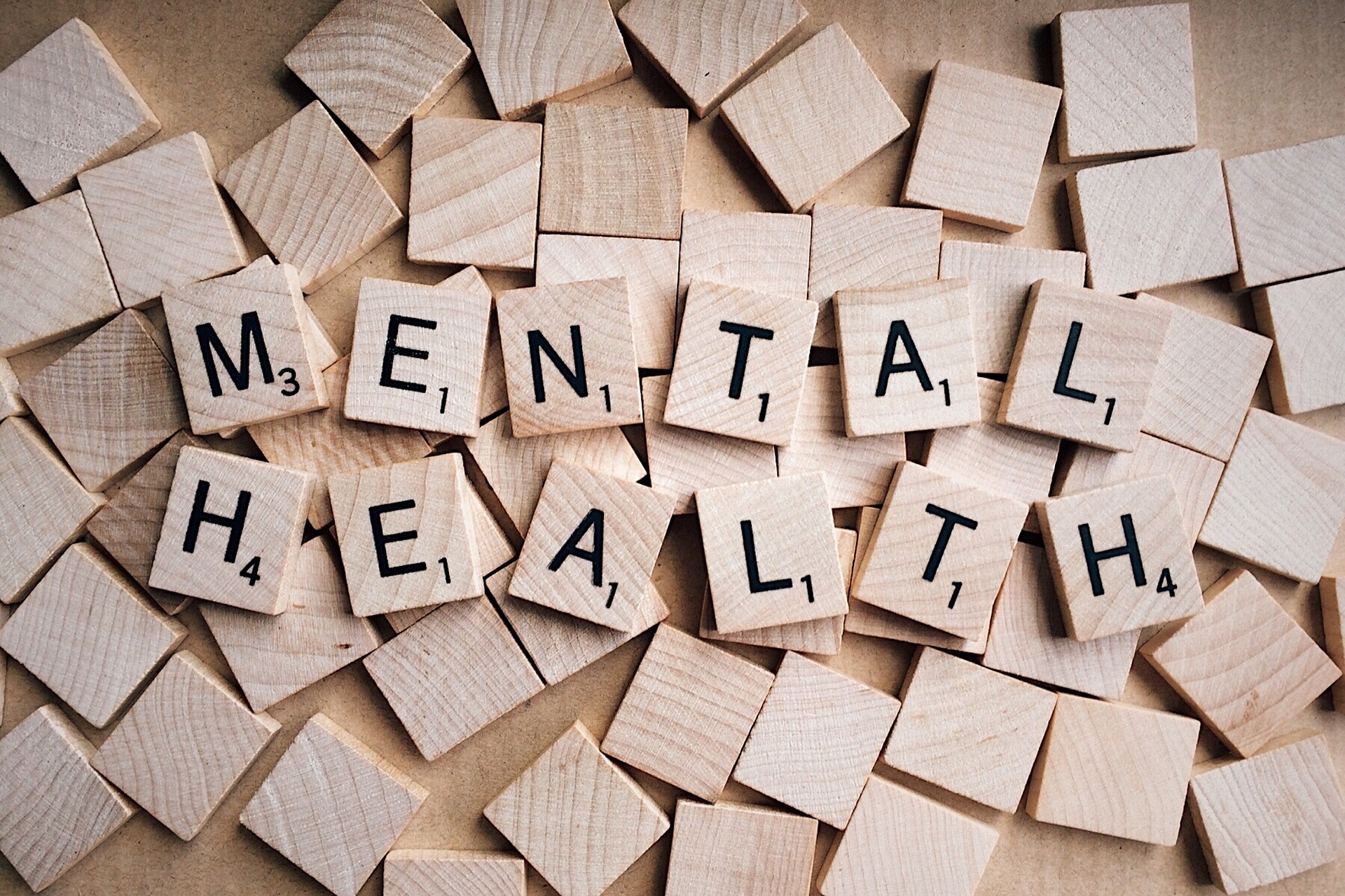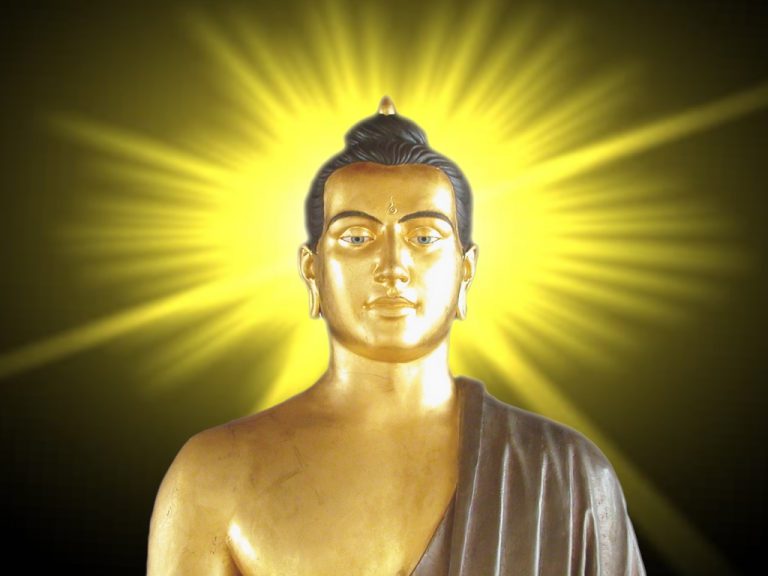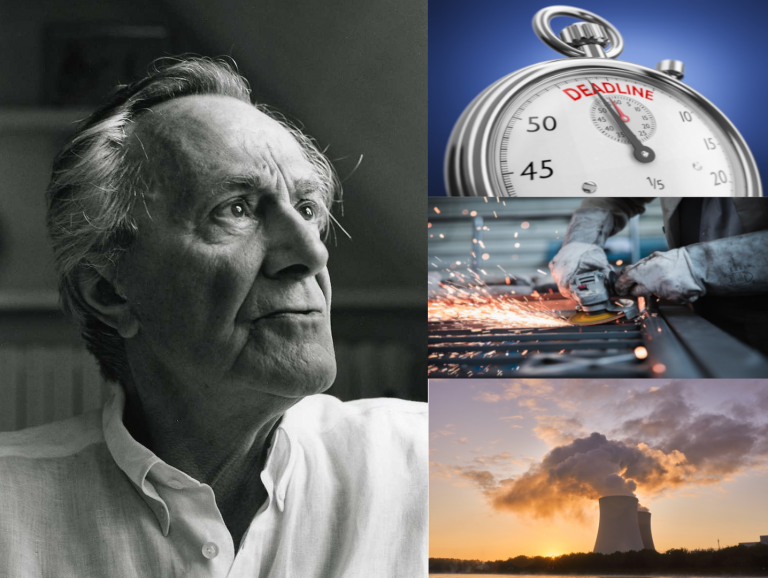
Why am I anxious?
Your conscious mind is like an ant that rides on top of an elephant. It might think that it’s in charge, but it isn’t!
The mind is made up of competing factions, most of which don’t impinge upon the egoic mind which is the centre of our personal awareness. This realisation led the Swiss psychiatrist Carl Jung to say the following:
“There is no coming to consciousness without pain.”
The subconscious mind is not just one whole thing, it’s as fragmented as any crowd of competing voices. In other words, it’s made up of lots of rival smaller minds, all of which are conscious even though we are not ourselves aware of them. They are the source of all of our hopes, fears, anxieties and pleasures and as such these hidden voices drive our behaviours, including the choices we make. Very few of our daily actions are the result of the deliberate contemplation of the egoic, conscious mind, which is why Jung also stated that:
“When an inner situation is not made conscious, it appears outside as fate.”
In other words, we must dig deep into our subconscious mind by daydreaming or making a conscious effort to remember our dreams, spending some time in the day to unlock their cryptic symbols, thus making the unconscious conscious. Other ways to unlock the secrets of the unconscious mind also include any creative endeavours such as writing, poetry, music and the arts because these give the unconscious mind expression and that in turn gives rise to feelings of personal satisfaction and happiness. If we fail to do this, we will remain as wilfully stupid and as blind as the ant that sits on top of the elephant thinking that it is in charge, when it’s obvious to an outside observer that it can only go where the elephant goes. It can only experience whatever the elephant encounters and in such a state can never, ever, be the maker of Its own destiny. Thus, it’s imperative that we spend some time getting to know the subconscious mind. If we don’t, we won’t ever be able to individualise and become our true selves, something that according to Jung is an essential aspect of the good life. We don’t have to act on every impulse but we should nonetheless listen to and acknowledge every stray thought and feeling that we encounter. They are all trying to tell us something important.
Of late it has become my personal habit to get up in the morning and whilst the house is still quiet, I lie on the couch and daydream. I just let my mind go where it will, watching as it does so, the process of which has become increasingly illuminating and now an essential part of my mental discipline. I also try my best to take note of any nagging feelings or sensations of mental disquiet that I get throughout the day, those quiet internal voices that remind me, or sometimes implore me to get on with and do something important. Again, I don’t have to do the thing straightaway, only acknowledge it and then make a firm plan to complete the task as soon as reasonably possible. It’s important that you keep all promises made to your subconscious mind, so you must do whatever it is that you’ve promised it that you will. If you do so, the sources of anxiety in your life will disappear into the ether and you will quickly learn how to prioritise the things that are important to you and deal with them with the minimum of stress.

